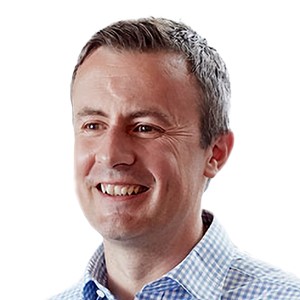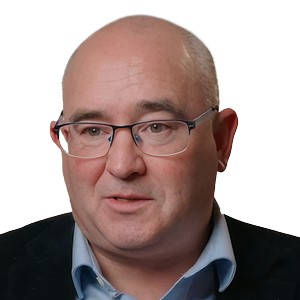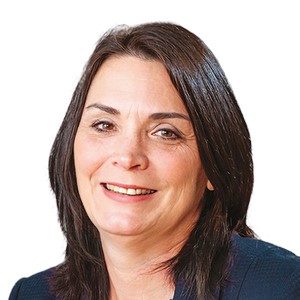Business resilience continues to be a huge area of focus for Boards and senior leadership teams. In many organisations, there is a pressing need to reduce cost and to deliver products or services faster. It often falls to the Human Resources Director to navigate the organisational design and cultural challenges this creates.
At Criticaleye’s Human Resource Director Retreat, held in partnership with
Accenture and
WalkMe, leaders took the time to discuss resilience and cultural change in a time of disruption.
Chris Norbury, Chief People Officer at E.ON, set the scene by highlighting how the company has tried to transform. “The culture in the organisation consciously tried to shift to one where we've got much greater autonomy in our frontline teams, a more agile organisation, where we utilise the data and the digital platforms that are available to us.”
It is notoriously difficult to fully embed new ways of working. Chris said: “Muscle memory kicks in for some leaders who want to head back to the way that we used to be with huge amounts of top-down control. You see other leaders who are struggling to find their way in that.”
Matthew Blagg, CEO of Criticaleye, commented: “This is a more difficult environment where people are at the centre of it. From a leadership perspective, it’s vital that you’re communicating clearly and creating that sense of energy, drive and purpose in the organisation to move forward.
“However, you do need to be mindful of the fact that an organisation mustn’t move too fast. People can only deal with so much change and uncertainty at any given point.”
Future-Proofing
As new technology and ways of working emerge, it’s evident that different skill-sets are required.
Paula Pitcher, Director of People at DVSA, told the audience: “I think about the talent we need for the future as being one of the biggest challenges for me… It’s about understanding more about the behaviours and the kind of people we want in the future organisation, and then working out what needs to look different to attract and keep those people.”
Paula acknowledged that real attention has to paid to how people are reacting to changes and the impact it has on them, such as the ongoing debate about hybrid working. “There needs to be a clarity about why you're asking people to return to the office. Stop asking them to return to the office and explain to them what it is you need them to be doing and create an environment where they can do that,” she said.
The multiplicity of changes underway, some positive, others negative, can take a toll on personal resilience.
Alice Locket, People & Culture Degree Apprentice at bp, observed that more rounded thinking is needed when thinking about the support that is put in place for people. “Wellbeing is multi-faceted,” she said. “It encompasses physical, mental, social, financial and career factors. The definition of wellbeing is changing and so is the way in which companies are required to support it. What do you mean by wellbeing?”
Building on this, Chris said: “We have a real need in our organisation to build psychological safety. So, how do you do that in a time of increasing disruption? Because at first glance the two are diametrically opposed.
“Are we trustworthy ourselves and are our behaviours, the way in which we manage performance, congruent personally with a psychologically safe environment? The emphasis we put on mental health and wellbeing, and the interventions that we have available to people around mental health and wellbeing, have been bound up very significantly.”
It’s during such times that the quality and integrity of executives and Boards is properly tested. Matthew, said: “Senior executives are running hard and have done for quite a while now – burnout, across all levels of the organisation, is a very real and present danger.
“The HRD plays a crucial role in linking the people agenda together, both strategically and operationally, but they're also able to see whether behaviours and objectives are aligned, which is absolutely essential if you’re to navigate through this period successfully.”
Arya Ghassemi, Content Intern, Criticaleye



